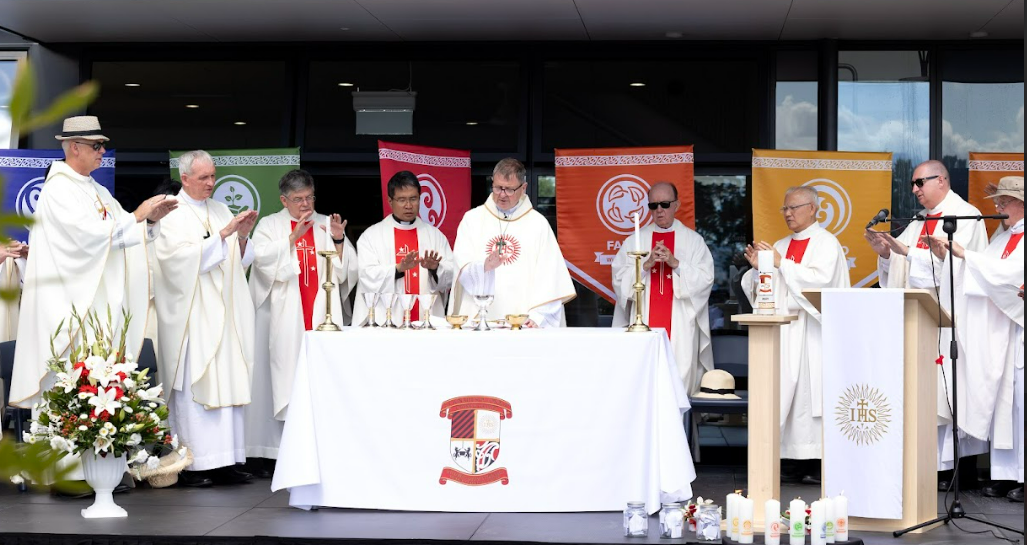The Society of Jesus or Jesuits, are a religious order founded by St. Ignatius of Loyola in 1540. Known for their commitment to missionary work, and their role in shaping the course of Catholic theology and thought, they contribute significantly to education worldwide with more than 2,300 schools in the Jesuit network.
Education has been a cornerstone of the Jesuit mission since their foundation. St Ignatius believed that education was crucial for fostering the growth of an individual and he envisioned a network of schools that would serve the needs of the communities both intellectually and spiritually. Jesuit educational institutions have continued to grow and flourished globally ever since. Together with their lay-members they are committed to forming people of academic excellence, personal reflection, and service. Their educational philosophy, often summarized by the Latin phrase "cura personalis," emphasizes care for the whole person, addressing not only academic needs but also spiritual and moral development.
The work of the Jesuits is not limited to education. They are present in over 120 countries around the world involved in social justice and advocacy, often championing causes related to poverty, human rights, and refugees. One of the defining features of Ignatian spirituality is to strive to give your personal best (magis) by using your gifts to better glorify God. This means that Jesuits are not limited to the functions of a normal religious life; instead they may be found working as lawyers, doctors, psychologists, counselors, writers, journalists, theologians, philosophers, researchers and scientists. In this way they recognise that a life of service to others is a life in service to God.

